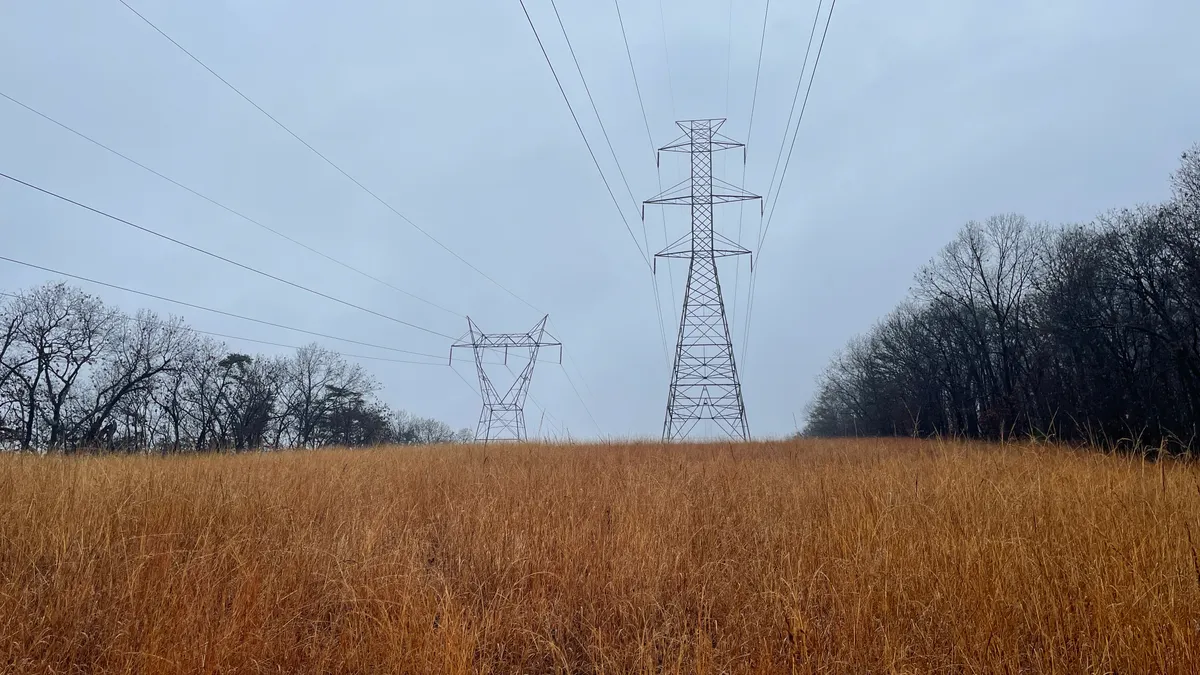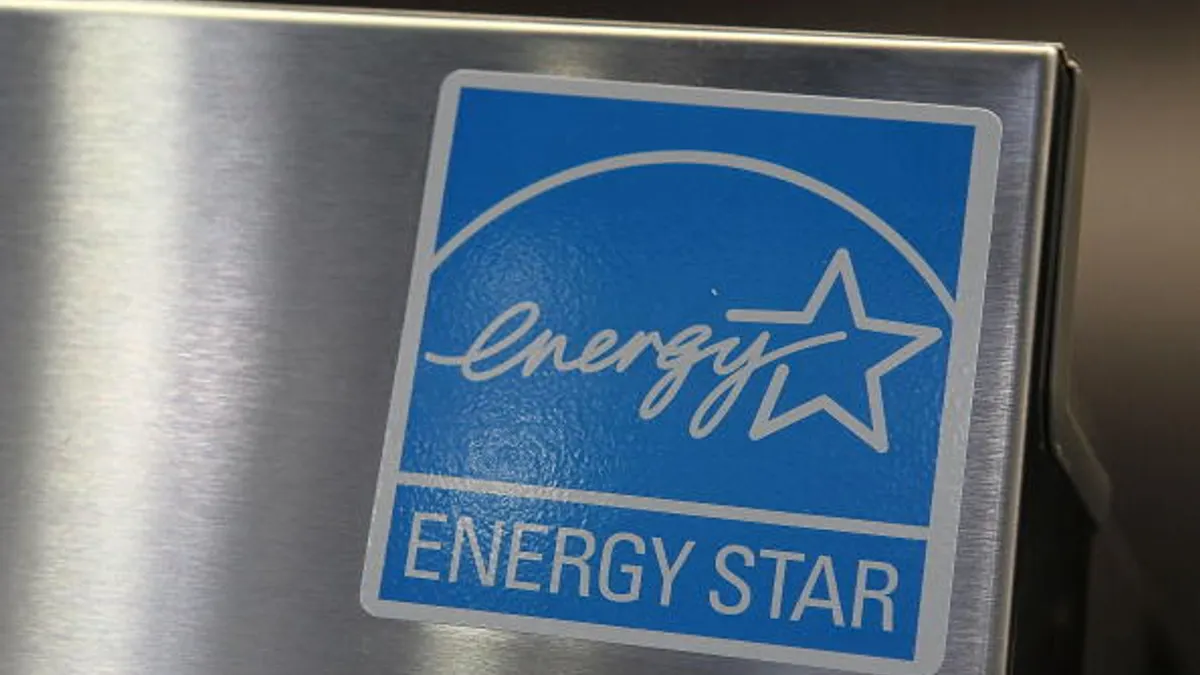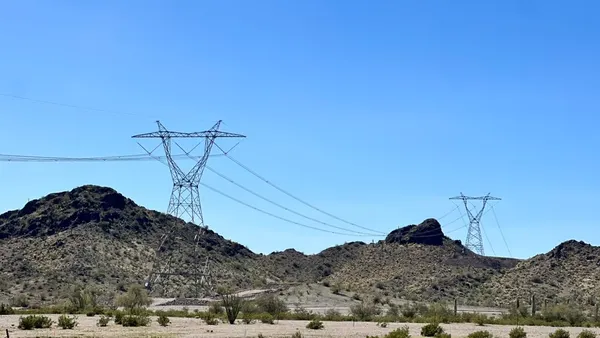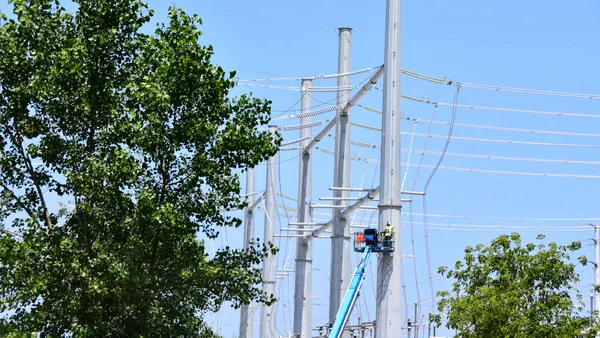The Federal Energy Regulatory Commission on Friday approved the Midcontinent Independent System Operator’s request to cancel a competitively-bid transmission project awarded to a NextEra Energy subsidiary.
FERC dismissed arguments made in February by Nextera and the Southern Renewable Energy Association that MISO’s request should be rejected. MISO followed its rules in deciding to terminate the contract for the roughly $129 million Hartburg-Sabine project in Entergy’s service territory, according to the commission.
A central factor in the case is a Texas law that bars the Public Utility Commission of Texas from issuing permits for transmission lines to non-incumbent utilities such as NextEra.
In considering whether to cancel the project, MISO determined that the Texas right-of-first refusal law is in effect amid ongoing litigation, and regulatory uncertainty persists, according to FERC.
Also, critical milestones, such as receiving a permit from the PUC, have not been met and construction hasn’t started, according to the agency. MISO’s updated analysis of the project showed no meaningful production cost savings and no reliability impacts from canceling it.
Based on that analysis, it was appropriate for MISO to cancel the project, according to FERC. “While NextEra and Southern Renewable disagree with MISO’s choice of outcome, we find that MISO appropriately exercised the discretion provided by its tariff in arriving at that outcome,” the commission said.
FERC dismissed arguments by NextEra that because the law is under review in court MISO moved too quickly in determining the company wouldn’t be able to build the project.
“While it is true that the Fifth Circuit remanded the issue of the constitutionality of the Texas [right-of-first-refusal] law under the Commerce Clause of the U.S. Constitution to the Western District, the Texas ROFR law is currently in effect,” FERC said.
MISO’s rules don’t require litigation to fully run its course before deciding a project can’t be completed, according to FERC.
If litigation had to be completed, “MISO would not be able to consider the proposed in-service date for the transmission project or intervening changes that may affect the efficiency or cost-effectiveness of the project caused by a selected developer’s current inability to complete the project,” FERC said.















